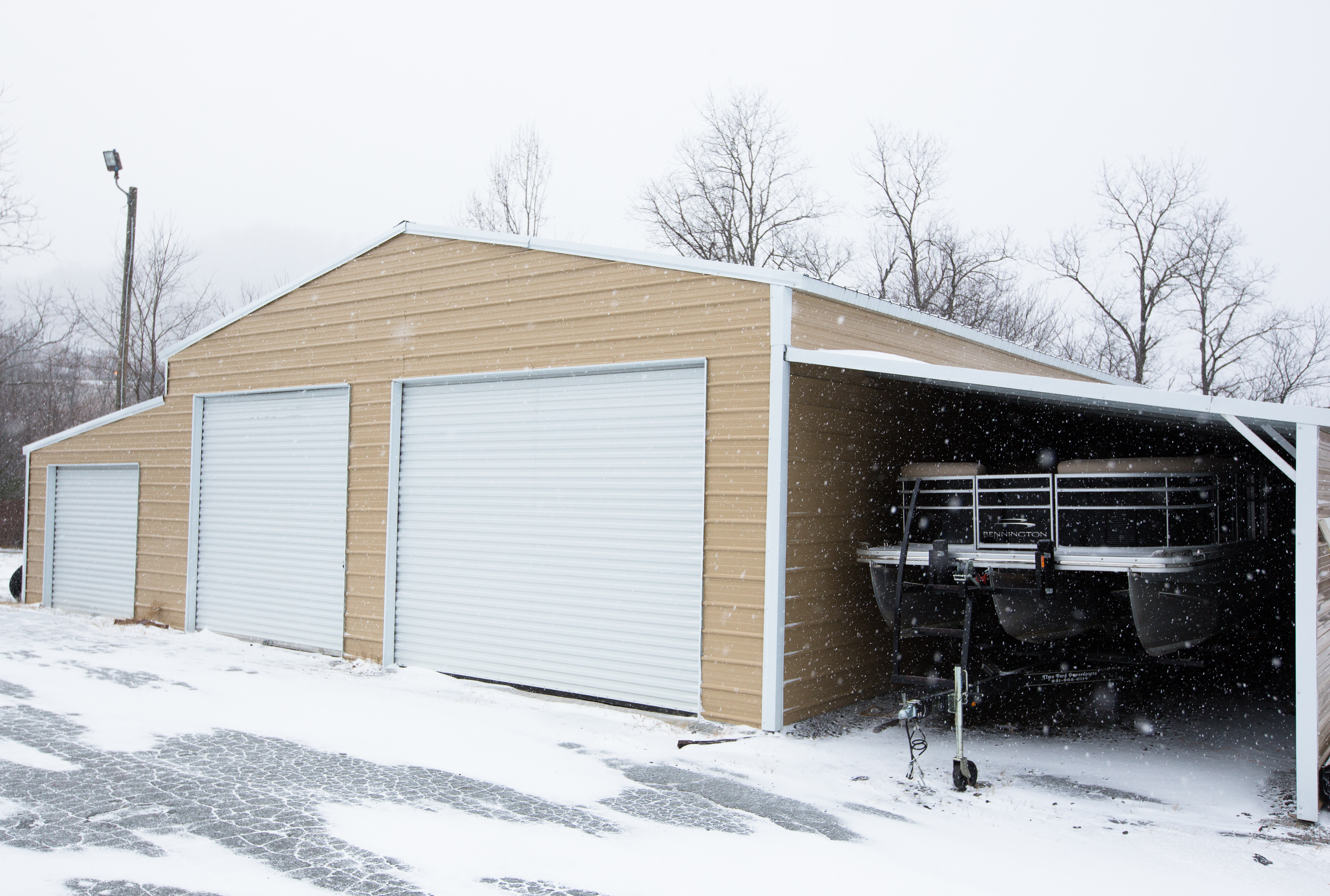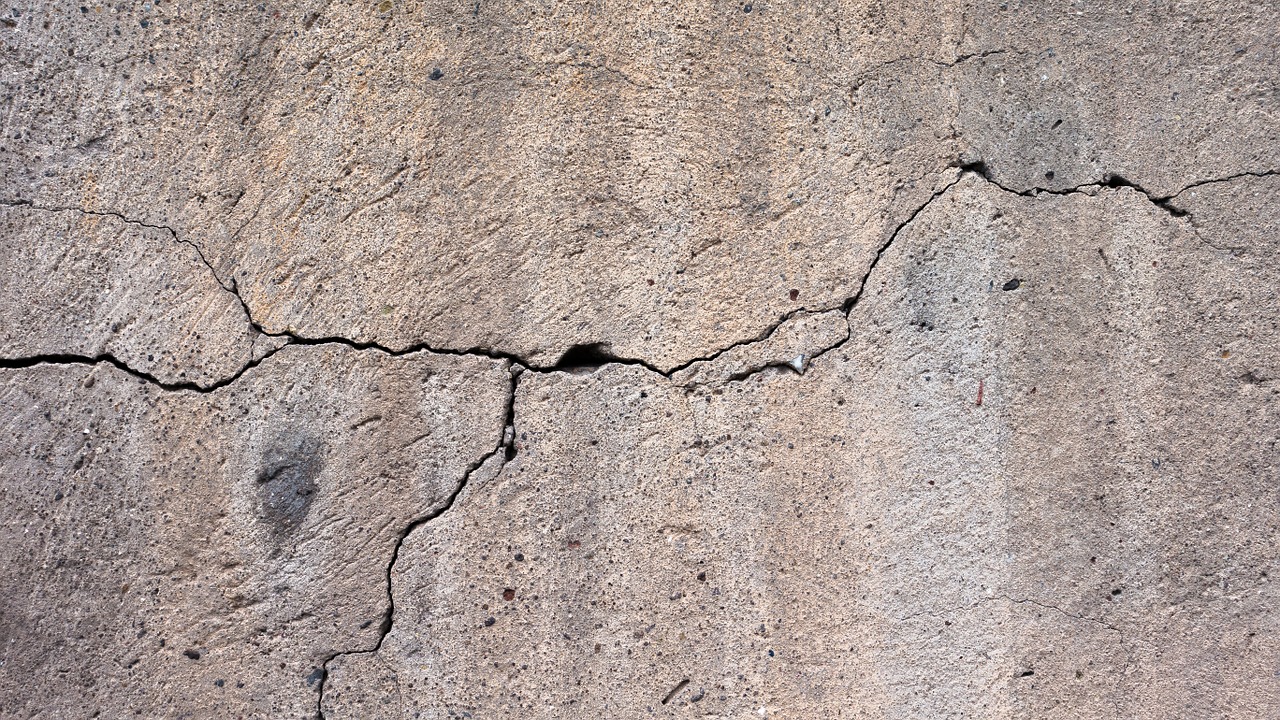Winter is coming. Some of us are excited, some of us are riddled with dread. One thing for certain is that with winter comes snow, and with snow comes salt. Salt is annoying for a plethora of reasons, not to mention that it harms the environment. However, we have to drive in America, and salting the roads doesn’t seem to be going anywhere. If you’re lucky enough to live somewhere without any snow, than this article isn’t for you. Our carports still are though, the sun can be just as damaging as salt.
The accumulation of salt on your car can cause incremental damage over time and can lead to serious issues if not managed. We’ve got some information on why salt is needed, and some ways to protect your car and garage floor. If you went with our recommendations and poured a concrete foundation, there is much more you can do in this situation opposed to ground installations.
Why So Much Salt?
Many of us have been annoyed by salt and it’s appearance, and many of us still have dealt with the dangers of snow as a result. Snow is a large contributor of car rust, but it is also extremely beneficial to colder areas of the United States and around the world for it’s capability of clearing out dangerous ice and snow. Salt has been used for decades as a preventative material for accidents during Winter. It’s availability and affordability makes it something that a lot of governments and institutions choose.
When it builds up, it can attach to the bottom of your vehicle and lead to rust and corrosion. The top of your car is still very susceptible to damage, however, and can be extremely costly to repair. When it begins to remove your finish, damage has already been done to the frame of your car, and target areas can erode quickly once enough has accumulated. On top of all this, whenever you park your car in the garage it accumulates on your garage floor and can damage it as well.
How to Protect Your Car
How to protect your car from salt? Wash it often. It’s a chore, and can be expensive if you don’t do it yourself but it’s the best way to remove salt. The snow isn’t like rain, and rain itself is not a free car wash. Your car’s frame and components will thank you for it. How regular? Usually once every two weeks but more often in the winter depending on snow accumulation. If you live somewhere very cold, make sure you don’t wash your car when it’s very cold. Generally over 45 degrees is safe.If you keep your car washed without letting it dry you can experience your car’s components freezing up. We’ve all pried the door handle open and scraped the windshield wipers from the frozen tundra of the windshield. Make sure your car dries in the warm part of the day in order to keep your car from getting incased in ice. When you’re running through a lot of snow, you should know it gets into your car and can damage certain mechanisms. It intrudes your brakes, and ventilation, and should be avoided if at all possible.
How To Protect Your Garage Floor
Salt is not pure salt, it has added chemicals to aid in it’s job. These chemicals are relatively harmless to us, but they can get in things that are porous. Turns out, concrete is porous. The chemicals can end up penetrating your garage floor and causing damage over tie. The best way to prevent this is to remove salt as much as you can, by sweeping, and to install coating on your garage floor. Coating prevents the salt from penetrating, and also gives you a lot of other benefits as well. It makes your garage easier to clean, and depending on your preference can actually improve the aesthetics of your garage.
If you don’t coat or clean, the chemicals can expand after they infiltrate your garage floor and cause small cracks and damage. This process does take some time, but it does happen. If you have concrete and cracks already, this may be the culprit. The corroding elements of salt are a boon and a burden to vehicle and garage owners. Without it, you can’t drive, but if you drive your car and garage can be compromised by tiny chemical warriors bent on reducing the value of your property. Salt! It’s also useful to accumulate some snow mats, rugs, or welcome mats in your garage for shoes. The salt can damage the interior of your car as well!




One Response